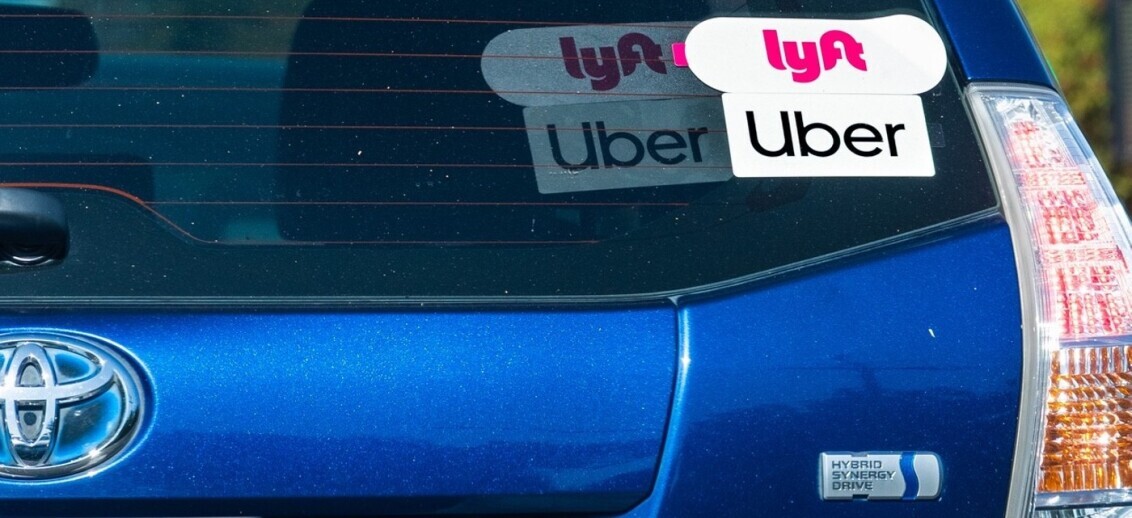As we recently reported, the State of California, joined by the cities of San Francisco, San Diego, and Los Angeles, recently filed a lawsuit against Uber and Lyft in San Francisco Superior Court, alleging that they unlawfully persist in classifying their drivers as independent contractors even though California law (Dynamex v. Superior Court and the recently-enacted AB-5) allegedly require that they be classified as employees. This lawsuit is just one part of the ongoing litigation saga involving this issue. Uber has its own litigation pending in federal court challenging AB 5 as unconstitutional. Uber and Lyft also have an initiative that will appear on the November 2020 ballot, asking voters to adopt an exception from AB 5 that would allow Uber and Lyft to continue classifying their drivers as independent contractors. (The ballot initiative would also provide for certain wage and benefit protections for drivers.) However, rather than wait for the voters (Uber and Lyft customers, among others) to decide this important issue in less than 90 days, the State filed a motion in the state court case requesting that the court issue a preliminary injunction mandating that Uber and Lyft cease classifying their drivers as independent contractors. Today, San Francisco Superior Court Judge Ethan Schulman granted the motion, enjoining both Uber and Lyft from classifying California drivers as independent contractors. At the request of Uber and Lyft, the injunction is stayed for 10 days to allow Uber and Lyft to appeal.
In granting the motion for preliminary injunction, the court found that the State has a reasonable probability of ultimately prevailing on the merits of the case (i.e. proving that Uber and Lyft drivers do not qualify as independent contractors under Dynamex) and that substantial harm will result if an injunction is not issued. The court’s order is here. Uber and Lyft no doubt will appeal in an effort to buy some time until the rapidly approaching November election, at which time voters hopefully will correctly decide the issue and agree that drivers (most of whom drive because they enjoy the flexibility that contract work, as opposed to employment, provides) should be classified as independent contractors. It is an absurd suggestion that Uber and Lyft reclassify their drivers as employees in the interim, potentially only to have to change their business model again after the election.
If California persists in its effort to run off California businesses and providers of work to vast numbers of California residents, the result will be that more and more of these businesses just leave California. Nice work, Golden State.


